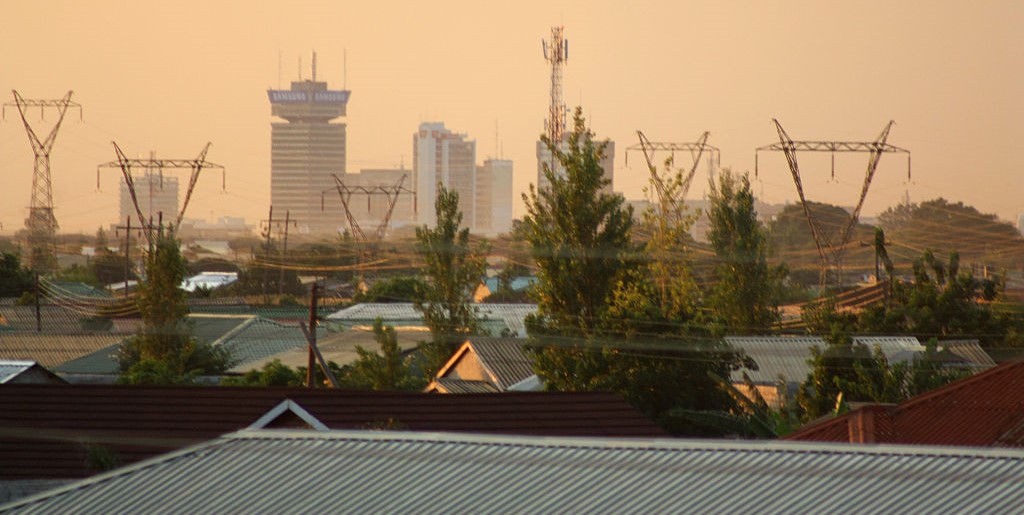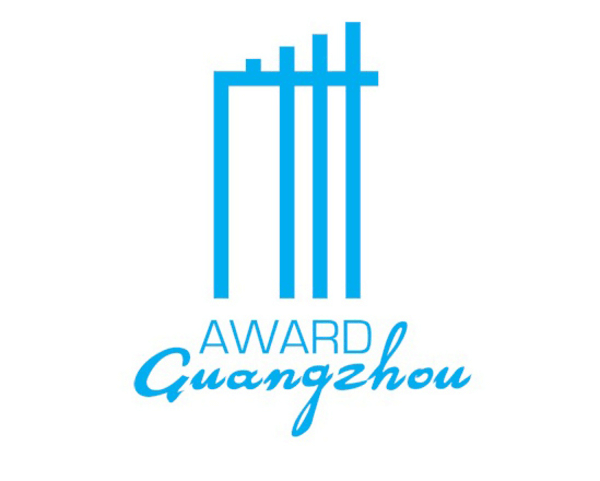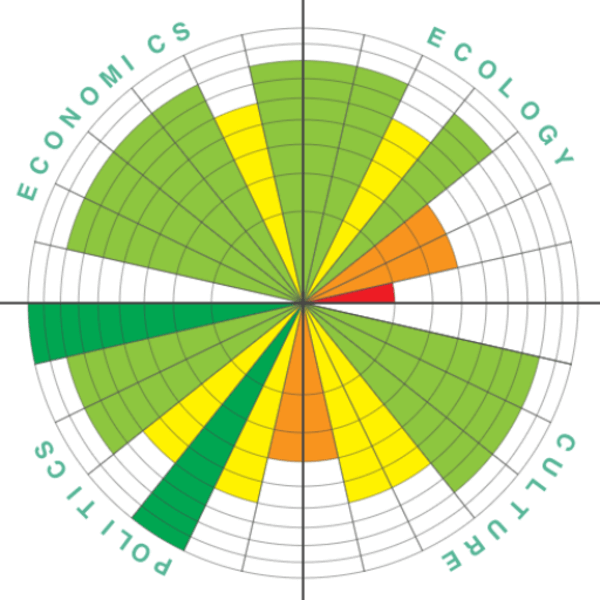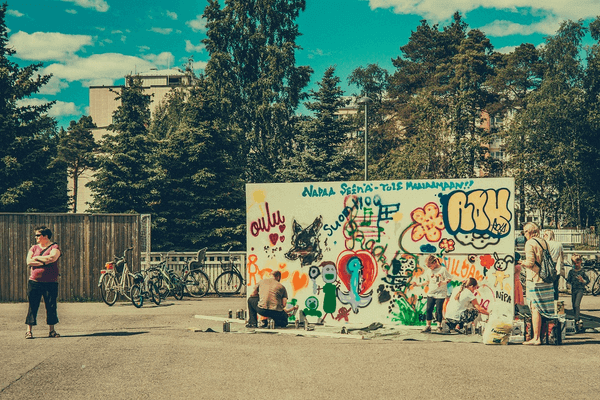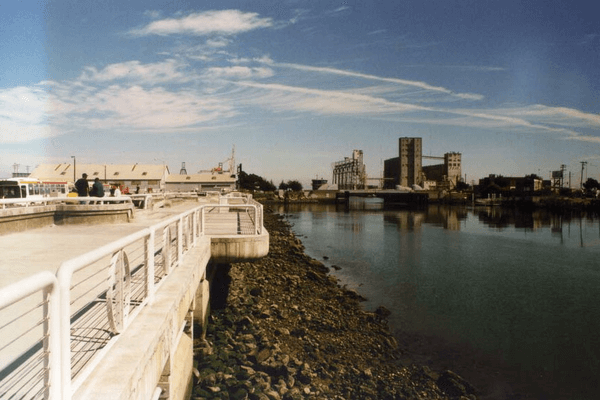Size and population development
As of the 2010 census, the city has a population of 1,747,152. The population growth rate of the city is 4.9.
Population composition
Zambia's population comprises more than 70 Bantu-speaking ethnic groups. Some ethnic groups are small, and only two have enough people to constitute at least 10% of the population. The majority of Zambians are subsistence farmers, but the country is also fairly urbanised, with 42% of the population being city residents. The predominant religion is a blend of traditional beliefs and Christianity. Expatriates, mostly British or South African, as well as some white Zambian citizens (about 40,000), live mainly in Lusaka and in the Copperbelt in northern Zambia, where they are either employed in mines, financial and related activities or retired. Zambia also has a small but economically important Asian population, most of whom are Indians. English is the official language of the city, but Nyanja and Bemba are also common.
Main functions
Lusaka is the capital and largest city of Zambia. One of the fastest-developing cities in southern Africa, Lusaka is in the southern part of the central plateau at an elevation of about 1,279 metres (4,196 ft). Lusaka is the centre of both commerce and government and connects to the country's four main highways heading north, south, east and west.
Main industries / business
The City of Lusaka constitutes the centre of national and social amenities such as University Teaching Hospital (UTH), University of Zambia (UNZA), National Resource Development College (NRDC), and National Administration (Cabinet), government ministries and provincial heads offices. It is also a seat of all diplomatic missions accredited to Zambia.
Sources for city budget
National Government, District Government and taxes.
Political structure
Lusaka District has seven Constituencies and thirty Wards. There are two indigenous tribes namely, the Solis and the Lenjes. The Wards are smaller geographical demarcations in the seven larger constituencies that constitute the broader boundary jurisdiction of the greater Lusaka City. From each constituency, one political leader is elected by popular vote as a Member of Parliament representing the community in the National Assembly, one councillor is elected in each ward and Two chief’s representatives are nominated to sit on the Council.
Administrative structure
District Administration supervises, co-ordinates and monitors the operations of Government departments’ parastatals and co-operating Non Government Organisations (NGOs) and collaborates with the Local Authorities, which includes the formulation and implementation of development projects and programmes in developing the district. This is done to promote integrated development planning through structure like District Development Coordinating Committee (DDCC). The District Council is the elected representatives’ Local Authority body comprising civic leaders who translate government developmental vision to communities and demands from the communities back to government in a transparent manner and it is responsible for policy formulation as well as delivery of service in a given geographical area.
Website
http://www.lcc.gov.zm/
